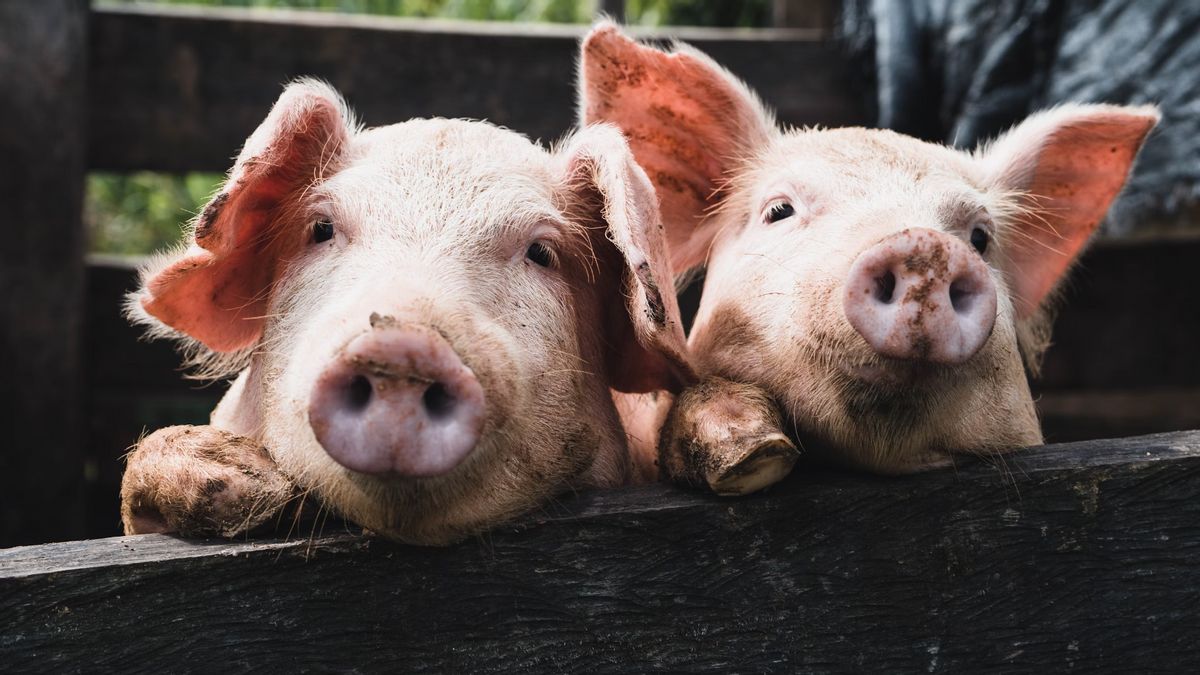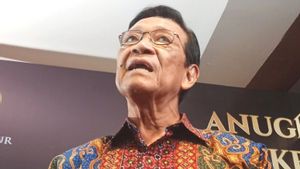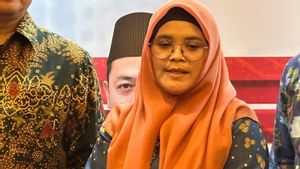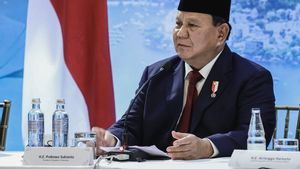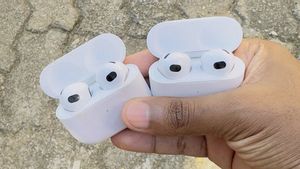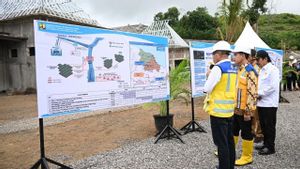JAKARTA - A team led by a Japanese venture company has succeeded in breeding three genetically engineered pigs for the first time being used in organ transplants and human cells in Japan.
The representative of the venture company named PorMedTec Co on Tuesday, as Kyodo reported, said that the genetic engineering was carried out to overcome the increasingly reduced shortage of organ and human cell donors in the country.
"I look forward to using this as an opportunity to consider the challenge of human organ transplantation," said PorMedTec founder and Chief Scientist Hiroshi Nagashima in a release.
The team consisting of members of the US biotechnology company eGenesis breeds pigs born on Sunday (11/2). The genetic engineering used cells supplied by US companies in September that had 10 different genes modified to fight rejection by the human body.
Reported by ANTARA from KYODO-OANA, Tuesday, February 13, the seeded eggs, then produced in October used somatic cell cloning technology to produce genetically identical individuals and be transplanted into the womb of the surrogate pig's mother. The three piglets were also born through caesarean operations.
Regarding the safety of cross-spessis transplants, further animal testing will be investigated. The plan, once confirmed to grow, pigs will be donated to scientific institutions in Japan for use in organ transplant research into other animals such as monkeys.
SEE ALSO:
Cell and organ transplantation from animal to human, known as xenotransplantation, is expected to provide a solution to organ donation shortages. Japan currently has about 16,000 registered people waiting for organ donors, although only about 3 percent receive them each year, according to the Japanese Organs Transplant Network.
Cell transplantation of the pig pancreatic island to type 1 diabetes patients and transplant while pig kidney to fetus with severe kidney disease is planned in Japan, although the procedure has never been done before.
The English, Chinese, Japanese, Arabic, and French versions are automatically generated by the AI. So there may still be inaccuracies in translating, please always see Indonesian as our main language. (system supported by DigitalSiber.id)
